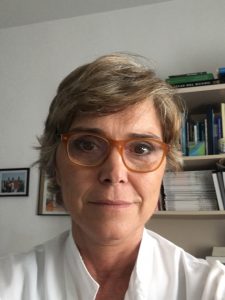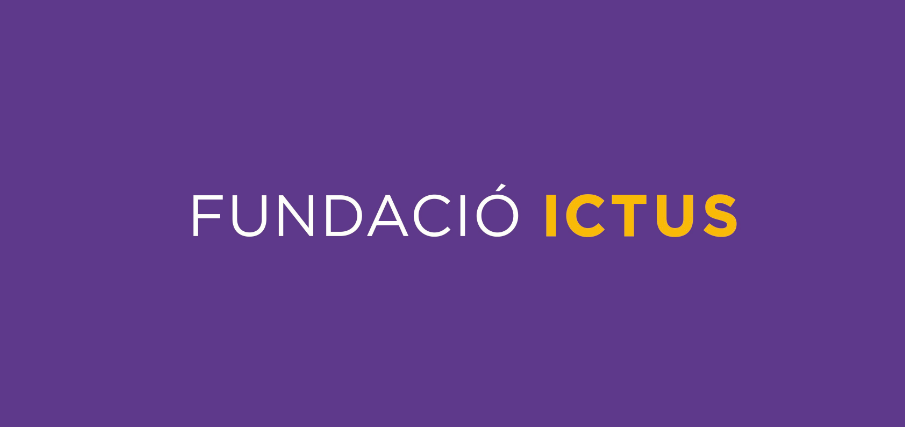“The life after stroke is the poorest point of the care process, especially in the chronic phase” says Esther Duarte, member of the board of Fundació Ictus, and rehabilitation doctor at IMIM Institut Hospital del Mar d’Investigacions Mèdiques in Catalonia, Spain.
SAFE: What is one issue related to the life after stroke in your country or region that you think needs special attention?

Esther Duarte
ED: In Catalonia, stroke patient associations have few members, therefore they have little power in society and official institutions, as well. In consequence, more public resources are always allocated to young patients with other illnesses, such as cancer and ischemic cardiovascular pathology. Moreover, these associations are only useful for a small percentage of patients. One of the aspects that are not taken into account is labor protection. Few patients return to work because there are no policies to facilitate it. Furthermore, other aspects with bad attention are those related to sexuality or driving, for example. On the other hand, there are few research groups focused on life after stroke and how improve patient-centered outcomes. In conclusion, access to rehabilitation services is not guaranteed in all cases and the needs of patients and caregivers are not always met.
SAFE: What would be the solution, i.e. what is your organization’s position regarding this issue?
ED: The main goal of Fundació Ictus is to improve the quality of life of stroke survivors and their caregivers. We collaborate with patient associations to meet their needs and help them in finding resources for their activities. We also help stroke survivors with specific training for caregivers and volunteers. That’s an important point, because there is not any specific course focused on stroke addressed to any professional, except the hospital nursery course that we have organized for 11 years. We also encourage patient-centered research, otherwise there is no way to advance in giving a better care to stroke survivors. Moreover, we offer advice in different dimensions: legal, labor, social, driving and sexual. Finally, we are trying to develop new platforms oriented to patients and caregivers that integrate all the information.
SAFE: Please tell us more about your organization.
ED: Fundació Ictus is an entity with a social presence with the mission of publicizing the disease, promoting research on it and supporting people who have suffered a stroke. Our main goals are popularizing the disease and spread how to prevent it, how to avoid it and how to treat it. Furthermore, we support stroke patients, offering support to people with disabilities, with alliances with other entities. In addition, we promote research on the disease in all its stages and from all perspectives.





